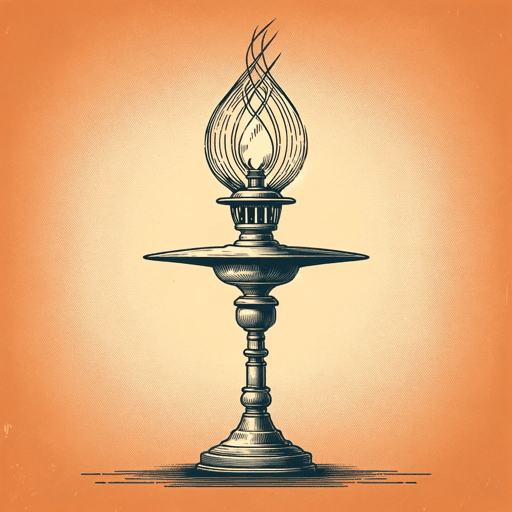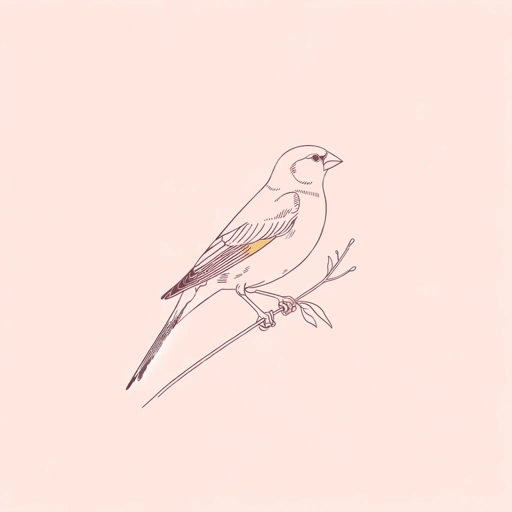33 pages • 1 hour read
August StrindbergThe Father
Fiction | Play | Adult | Published in 1887A modern alternative to SparkNotes and CliffsNotes, SuperSummary offers high-quality Study Guides with detailed chapter summaries and analysis of major themes, characters, and more.
Themes
A Hatred of Women
The Father portrays the corrosive effects of a society that marginalizes women. The Captain's distrust of women metastasizes into a fierce hatred by the end of the play. He views men as inherently strong, noble, honest, and guided by reason and logic, and women as villainous, ignorant, barely intelligent, and instinctive. The Captain not only expresses these views, but also allows them to dictate his decision-making in cases such as Nojd's paternity; the fact that no one challenges him suggests that his views are commonplace in the society.
The play's critique of the 19th Swedish society it portrays is that misogyny is not the Captain's individual problem. Instead, it is institutionalized: Laws preclude women from having the same rights as men; married women are legally required to adhere to their husband's views and beliefs. This means that women have very few avenues available to them. Like Margret, they can become maternal nurturers who meekly accept the abuse the men in their lives dish out. Like Bertha, they can accept authority and hope that following its strictures can yield some autonomy. Or, like Laura, they can struggle against patriarchal control through villainy and manipulation—the only forms of power they can access.
Related Titles
By August Strindberg
Featured Collections
Challenging Authority
View Collection
Dramatic Plays
View Collection
European History
View Collection
Feminist Reads
View Collection
Marriage
View Collection
Mental Illness
View Collection
Naturalism
View Collection
Power
View Collection
School Book List Titles
View Collection
Tragic Plays
View Collection




